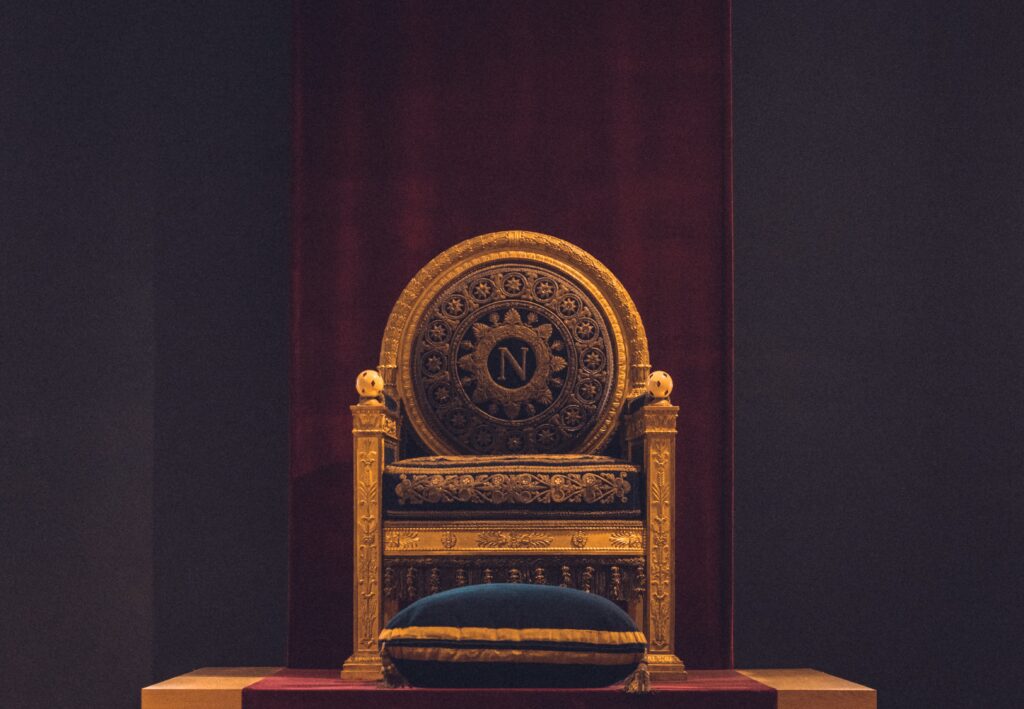As always when interpreting Scripture, it is important to look at its wording through the culture of its day. Unlike today, the word love meant loyalty in the ancient Old-World context. These two words were interchangeable especially in the writings of covenants between kings. The greater or Suzerain King would write to a lesser or Vassal King using the term love. The Suzerain King would write, “I love you, O King.” Then the Vassal King would respond, “Oh King, I love you.” Their statement of love for each other was a declaration of loyalty or fidelity between the two kings as well as their two nations.
This type of love can be seen throughout the Bible as well. In the Joseph narrative, Joseph’s brothers feared retaliation for their evil deed of selling him into slavery, but Joseph responded with true loyalty.
“Do not be afraid, for am I in God’s place? As for you, you meant evil against me, but God meant it for good in order to bring about this present result, to preserve many people alive. So therefore, do not be afraid; I will provide for you and your little ones.” So he reassured them by speaking kindly to them (Gen. 50:19-21).
If Joseph had acted out of his own emotion, there might have been a very different fate for his brothers, but he acted out of his love or loyalty for his God. He recognized God’s plan and purpose. Instead of sending them to certain death, Joseph chose to love them by providing for their needs.
Another example is found in 2 Samuel 24. During this time, David was running for his life from King Saul because Saul considered David a threat to his kingship. At one point, David and his men were hiding in the recesses of a cave when Saul came in to rest. David’s men believed that their undetected close proximity to Saul when he was vulnerable was a sign that God had given Saul over to David to kill him. Instead, he cut off a piece of Saul’s robe in hopes to later prove to Saul that he was not wanting to harm him. But later, David felt guilt for humiliating Saul by his actions. In his remorse, David told his men, “Far be it from me because of the LORD that I should do this thing to my lord, the LORD’s anointed, to stretch out my hand against him, since he is the LORD’s anointed” (2 Sam. 24:6). David showed loyalty to King Saul because of his love for God.
When I realized the relationship between love and loyalty in the Bible, it was like a light bulb turned on. God never commanded us to have warm fuzzies for our enemies nor did he even command us to like our enemies. What he commanded us to do is to be loyal to God in how we treat others. You may not agree with someone or they may have hurt you deeply, but God calls us to respect them as God’s creation. Separating ourselves from them may possibly be the best action, but hurting them or humiliating them in front of others, does not exhibit our loyalty and love for God. How can they know God’s love unless we show them by the way we respond?
Here’s something to think about. God is our Suzerain King and we are His Vassal King. He loves us, but it doesn’t mean that He always has warm feelings for us. But one thing we can always count on, He will ALWAYS be loyal to us.
Did you enjoy the post?
Click on a star to rate it!
Rating 5 / 5. Vote count: 1
No votes so far! Be the first to rate this post.
We are sorry that this post was not useful for you!
Let us improve this post!
Tell us how we can improve this post?

